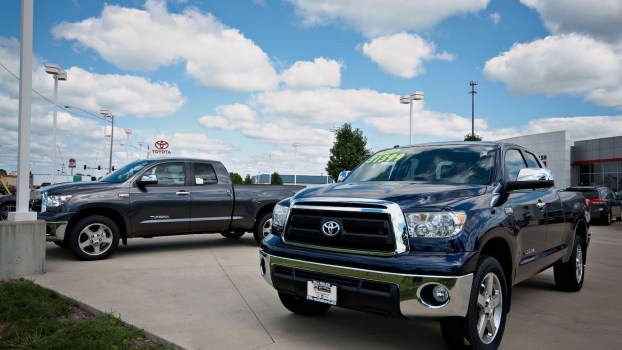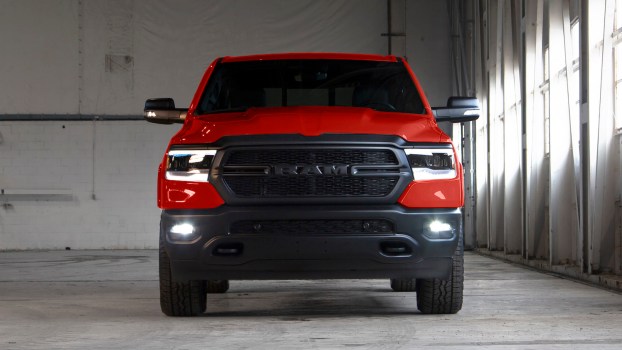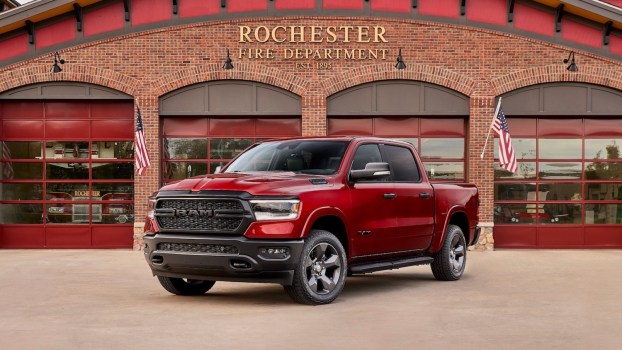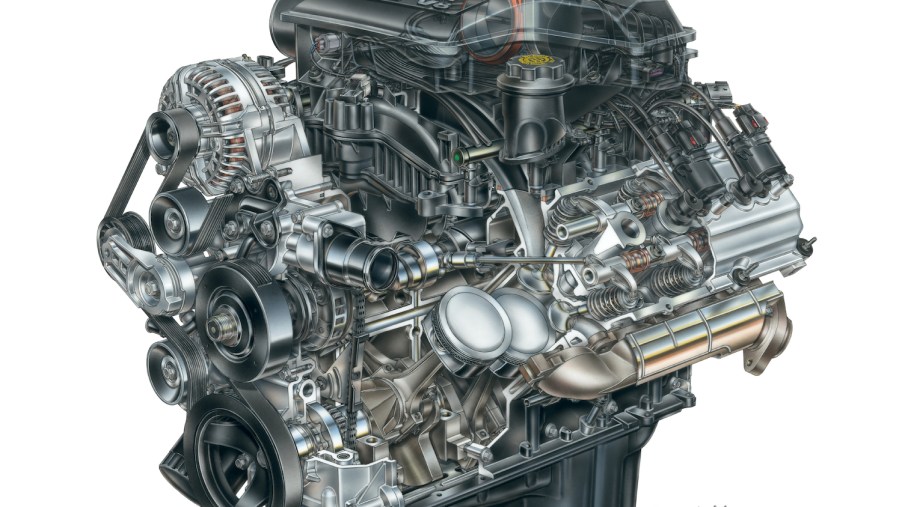
3 Common and Costly Ram 1500 Pickup Truck Problems
Ram trucks–like every vehicle–have their fair share of problems. Luckily for Ram owners, many of the most common (a leaking rear window seal or warped rambox top) are cheaper to fix than a full powertrain failure. While many fifth gen and fourth-generation Ram 1500s suffer a cracked exhaust manifold, dealing with this problem promptly will keep it from getting costly. But here are several comparatively common Ram problems that can cost you a bit more.
- Power module corrosion
- Leaking coolant
- Cam and lifter failure
The company 1A Auto sells replacement parts to DIY vehicle maintenance enthusiasts. It also employs a team of experienced mechanics to go over common problems with popular vehicles and explain how to fix them yourself. When 1A Auto went over the fourth-generation Ram 1500, it listed common problems that could be costly to address. Luckily for Ram truck owners, there may be ways to prevent these problems from worsening.
Corroded power module causing electronic failures
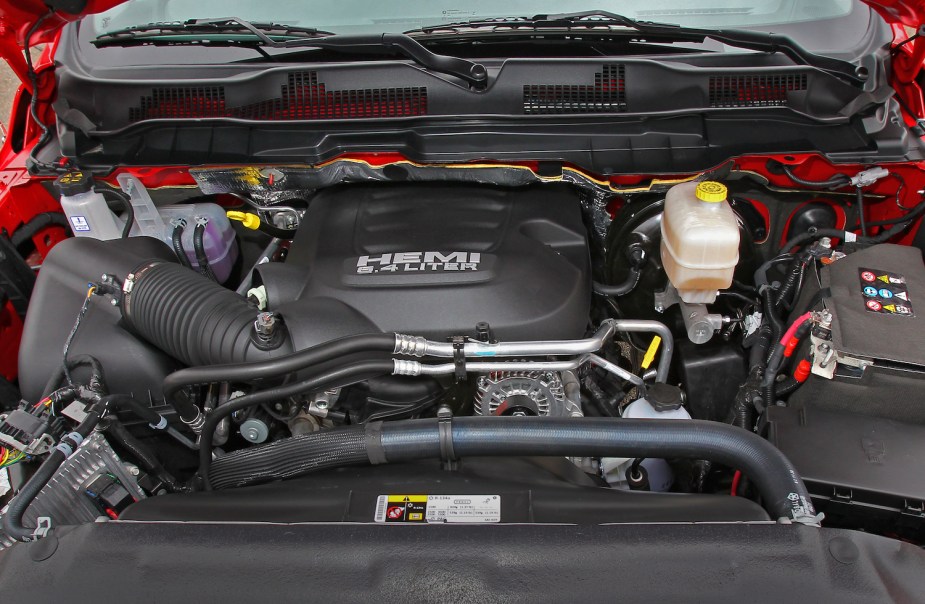
The totally integrated power module (TIPM) is a plastic box under the hood of your Ram truck. It is located on the driver-side fender well. This box shields a series of fuses and relays. Underneath these is more complex circuitry that controls the truck’s electrical systems.
The problem is that the TIPM in fourth-generation Ram trucks–like many Chrysler products–doesn’t always seal properly. This malfunction can lead to moisture in the box and corrosion of expensive electrical components. As these electronics fail, you can have all kinds of issues crop up with electrical systems. Problems range from your power windows to your fuel pump to the engine’s ignition.
If you notice electrical issues with your Ram 1500, you can begin by opening up your TIPM and checking all the fuses and relays for corrosion. You do this by simply unplugging each component and looking for blue-green deposits on the contacts. Cleaning these contacts with a file or sandpaper might solve the problem. But if the circuitry beneath has corroded, you’re looking at a costly repair bill. This cost can climb rapidly if the malfunctioning TIPM has damaged other systems.
If you own a Ram 1500, you can proactively check the TIPM for moisture. You can also inspect and replace the gasket that seals the TIPM’s cover.
Leaking coolant making a mess and overheating the engine
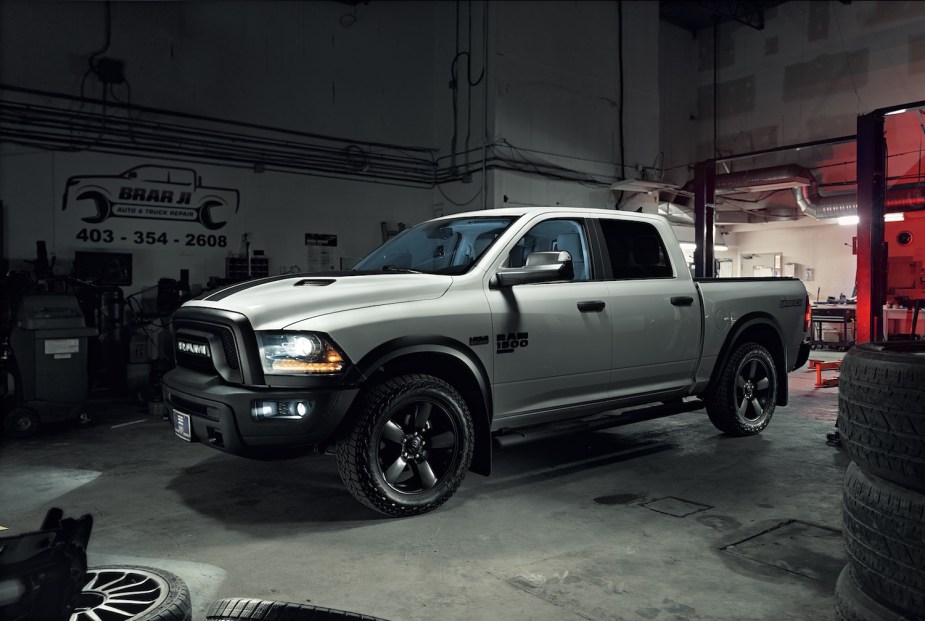
Here at MotorBiscuit we previously reported on the most common problems reported by Ram 1500 owners. One of the usual suspects is the infamous Ram coolant leak.
The experts at 1A Auto’s Youtube channel report that the water pumps in fourth-generation Ram trucks are prone to leaking. In addition, the radiator caps and radiators themselves can leak coolant. Other coolant system components that can cause a leak include the hoses, the thermostat housing gasket, the intake manifold gasket, and the timing cover gasket.
Luckily, the problematic Ram radiator cap is cheap and quick to replace. You might even get away with replacing the rubber seal that is part of the radiator cap. The radiator itself can cost a bit more. The radiator most often develops leaks between its aluminum body and plastic uprights. There is a gasket between these components that can fail. You can visually inspect your radiator for any greenish deposits leftover from dripping coolant.
Other components, such as a manifold gasket, can be very expensive to repair. If you notice your coolant level is dropping, you can rent a tool to pressurize the system and try to spot the leak yourself. Once you know which component is leaking, you can contact local mechanics to understand what a repair will cost you.
Cam and lifter failure requiring an engine rebuild
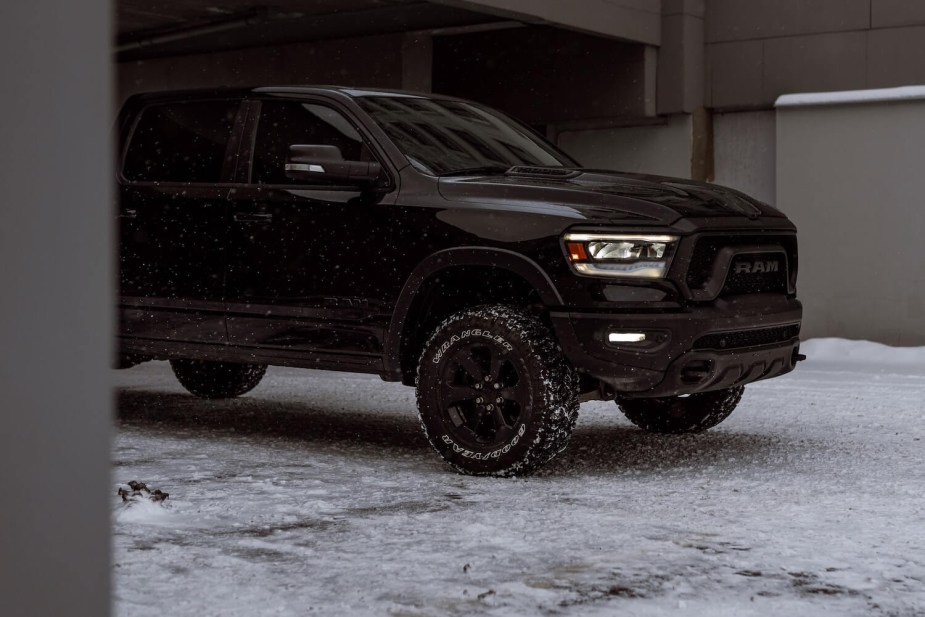
Your camshaft is at the bottom of the engine. It spins at the engine’s speed and bumps long cylindrical lifters up so they can then operate the valves at the top of each cylinder. When these components fail, you face an expensive engine rebuild or a full-on engine replacement.
How do you know if your camshaft or lifters are having problems? One sign can be if your engine develops the infamous Ram ticking noise while accelerating and eventually while idling. A symptom of this problem left untreated is your engine stalling out when you come to a stop or while you are shifting.
Don’t panic yet. These can also be symptoms of an engine running low on oil. These can even be symptoms of an engine overfilled with too much oil. So definitely check your oil levels ASAP and hope an oil change will solves your engine ticking problem.
Next, read up on how the most common Ram 1500 problems only affect certain engines or see Lenny at 1A Auto show how these problems, and more, can affect a Ram 1500 pickup truck:
